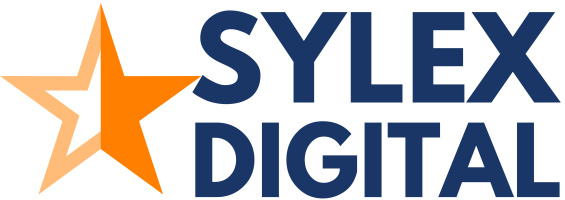Debt consolidation is clearing off older debts by taking a new loan. Many people in rural areas use the concept of the debt consolidation loan to clear their existing debts.
Under this concept, many debts are combined into a single large debt. It can be paid off by taking a loan with favourable repayment terms such as no collateral, lower interest rate, etc.
Working on debt consolidation
Once a debt consolidation loan is taken, multiple debts can be paid off. People apply for such loans through credit card companies, banks, and credit unions. If these institutions reject individuals, they can try for loans from mortgage companies or money lenders.
Debt settlement is different from debt consolidation
It is crucial to note the difference between debt settlement and consolidation. The latter does not erase the existing debts. They transfer an individual’s loan to other lenders. If you want to obtain actual relief from debt, it is advised to look out for a debt settlement process.
Types of debt consolidation loans
Secured consolidation loans- If the borrower cannot repay a secured loan, the bank will take possession of the borrower’s assets as security. It is assurance that would help the bank recoup the amount issued. To secure a loan, a person can utilise cash assets, certificates of deposits, a car, a property, etc.
Unsecured consolidation loans- Unsecured loans are those for which banks and other lending organisations do not require any security or collateral in exchange for the debt being issued. This is typically done when a small sum is given out or because a customer has a high credit score. Compared to secured loans, there is a greater rate of interest charged.
Benefits of consolidation loans
They are best suited for people who have several outstanding debts and loans. By taking such loans, an individual dramatically benefits from a single monthly payment and lower interest rates. This process also reduces the reminders given to individuals regarding due dates of debts as the new loan gets updated.
Things to keep in mind before applying for consolidation loans
The interest rates are lower. But one has to keep in mind the more extended payment schedule involved. A more extended repayment schedule means paying back more in the long run. There is a loss of special provisions such as rebates and other discounts.
Effect on credit scores
Loans with repayment dues lower the credit score and rating of an individual. It signifies that the person is not able to repay the debts. It also implies that a person is in a bad financial position. This, in turn, may make the process of obtaining a loan in the future complex. A customer can take a debt consolidation loan to reduce the number of loans he has to keep track of, making the repayment easier.
Requirements for a consolidation loan
The creditworthiness and income of an individual are the two main requirements, especially if the lender is brand new. The documentation process is lengthy and involves letters from creditors and repayment institutions. Once this is done, the debts that will be paid first must be specified. Generally, higher interest rate debts are cleared off first.
Is debt consolidation worth it?
It depends on many factors like the net worth of an individual, the current financial position, and the number of debts. It is worth it when a number of obligations are combined to get a lower interest rate. Psychologically, people find it easier to pay off one payment than multiple outstanding ones.
AUTHOR NAME – FLAVIA CALINA

